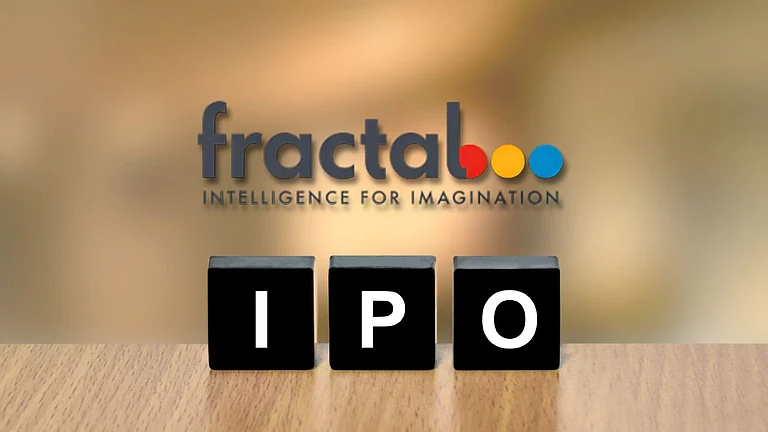Elon Musk has called for a “comprehensive overhaul” of the US Securities and Exchange Commission (SEC) just hours after the regulator filed legal action against him for allegedly refusing to cooperate with an investigation into his $44 billion acquisition of Twitter (now X) last year.
The SEC is looking into whether Musk’s purchase was covered by securities laws. In a filing on October 5, 2023 in a California District Court, the SEC regulator is attempting to compel Musk to answer questions in response to an earlier subpoena.
Musk has now claimed that the SEC and the Department of Justice (DOJ) are abusing their regulatory powers for personal and political gain to receive punitive action. Musk also advocated for the SEC and the DOJ to be the organisations under investigation.
“A comprehensive overhaul of these agencies is sorely needed, along with a commission to take punitive action against those individuals who have abused their regulatory power for personal and political gain,” Musk said
Canada Clarifies Stablecoin Rules For Exchanges, Issuers
The Canadian Securities Administrators (CSA) has clarified guidelines to cryptocurrency exchanges and cryptocurrency issuers on their interim approach to what they refer to as value-referenced crypto assets.
On October 5, 2023 the umbrella group of Canada’s provincial and territorial securities regulators published a statement in which it stated that, subject to certain criteria, it might permit trading of some cryptocurrencies that refer to the value of a single fiat currency.
Stablecoins may constitute securities and/or derivatives, which Canadian cryptocurrency exchanges are not allowed to trade. However, if issuers keep a sufficient reserve of assets with a licenced custodian, and Stablecoin-offering crypto exchanges make “certain information related to governance, operations, and reserve of assets publicly available,” the CSA might permit trading in those assets.
Wirex Taps ZK-Proofs For Noncustodial Crypto Debit Card Issuance
Wirex has launched W-Pay, a zero-knowledge proof (ZK-proof) noncustodial crypto debit card service.
The decentralised solution, built on Polygon’s Chain Development Kit (CDK), promises increased scalability and security.
ZK-proof-based scalability solutions, such as Ethereum and Polygon, enable one party to prove another party’s claim without disclosing details. W-Pay offers features that enable noncustodial wallets and decentralised applications to issue crypto debit cards. The decentralised approach also eliminates third-party risks and ensures that account owners retain control over their money.
Key features include swift and secure transactions, Ethereum Virtual Machine compatibility, and account abstraction, which streamlines transaction processes by eliminating inherent complexities.
Incidentally, Wirex first launched its crypto debit card in 2015 and currently claims over six million customers.













